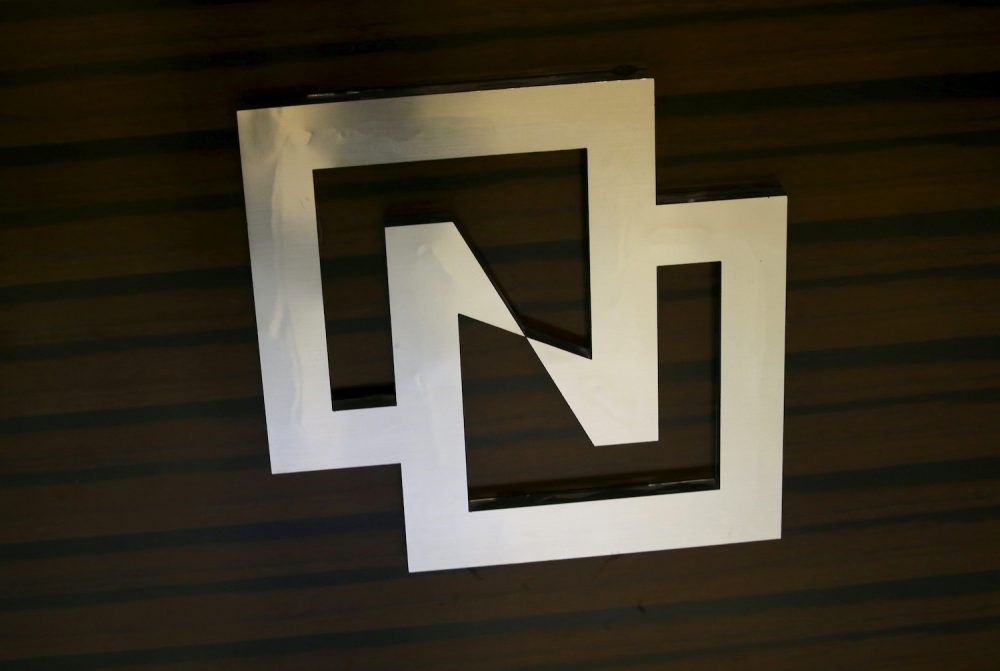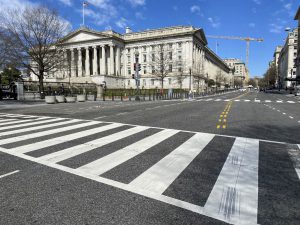The management of debt-laden Chinese chip conglomerate Tsinghua Unigroup, which is set for a state-backed takeover, defended its restructuring plan, saying late on Thursday that its estranged official chairman, who is also a major investor, had spread “false information”.
In a notice published on Unigroup’s public social media account, the company linked its debt situation directly to the leadership of Zhao Weiguo, who spearheaded a wave of asset purchases in the previous decade.
Zhao has retained the post of chairman but China’s State Council appointed a working group to assume leadership of the company after it defaulted on bonds in November 2020.
The notice comes a day after Zhao published a memo via his personal investment vehicle, Beijing Jiankun, arguing that Jianguang Asset Management (JAC Capital) and Wise Road Capital – two state-backed firms poised to take over Unigroup – were undervaluing its assets.
Zhao opposes the pending investment into the company from the two companies, China’s National Business Daily reported on Wednesday, citing a memo from Zhao’s investment fund. That marks a potential further hurdle for the sale and restructuring of Unigroup.
Poised for Strategic Investment
Once poised to be a key Chinese semiconductor company, Unigroup said last Friday that JAC and Wise Road Capital would become its strategic investors.
The deal has yet to receive final approval from authorities. State media have reported that JAC and Wise Road will invest 60 billion yuan ($9.4 billion) in cash as part of their investment in Unigroup.
According to the memo cited by the newspaper, Zhao alleged that JAC and Wise Road’s plan to save the debt-ridden Unigroup would result in losses of 74.3 billion yuan in state assets. He also argued that the terms of the investment undervalue certain assets of Unigroup, such as memory chip maker Yangtze Memory Technologies Corp.
Wise Road Capital and JAC did not immediately respond to a request for comment sent on Thursday, and a Unigroup spokesperson declined to comment.
Under Zhao’s leadership, Unigroup invested aggressively in various chip companies, in tandem with a government push to boost China’s semiconductor industry.
Default in 2020
Yet few of those bets were successful, which caused the company to cross-default on onshore and offshore bonds worth about $3.6 billion by the end of 2020. This year it received a court order calling for its restructuring.
Zhao’s holding firm Beijing Jiankun holds a 49% stake in the Tsinghua Unigroup, with the remainder held by China’s elite Tsinghua University.
After the company defaulted on its bonds in November 2020, Beijing’s State Council appointed a working group to assume leadership of the company, as summarised in Zhao’s memo.
Zhao’s opposition could further complicate the deal to find new ownership for Unigroup, which owns H3C, a maker of parts for data centres, and Unisoc, a maker of processors for smartphones and other hardware devices.
JAC Capital and Wise Road, two closely linked private equity firms indirectly owned by China’s State Council, were in competition against Chinese tech giant Alibaba Group Holding to purchase Unigroup, according to sources.
• Reuters with additional editing by Jim Pollard
ALSO SEE:
Alibaba and Others Weigh Unisplendour Stake Worth $7.7 billion
Bad debts chipping away at Tsinghua Unigroup’s domination dream
China bond defaults signal a coming of age as state safety net shrinks





















